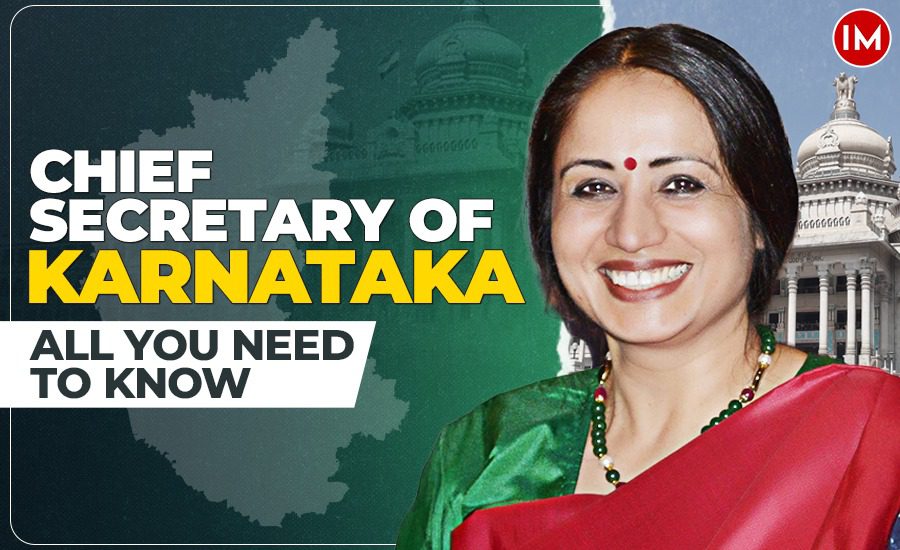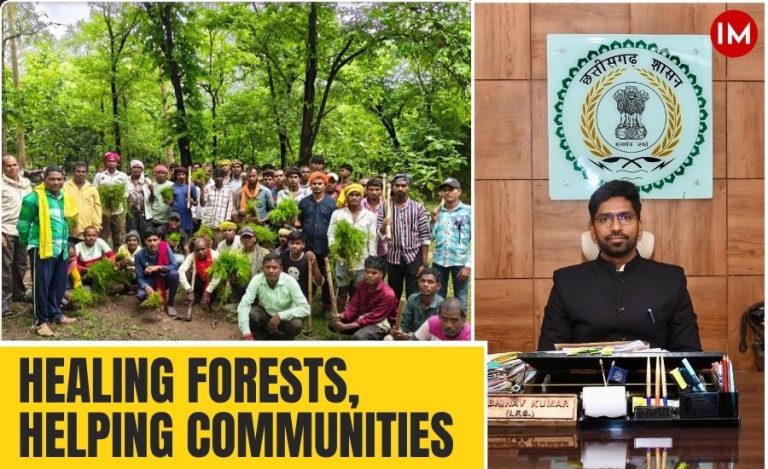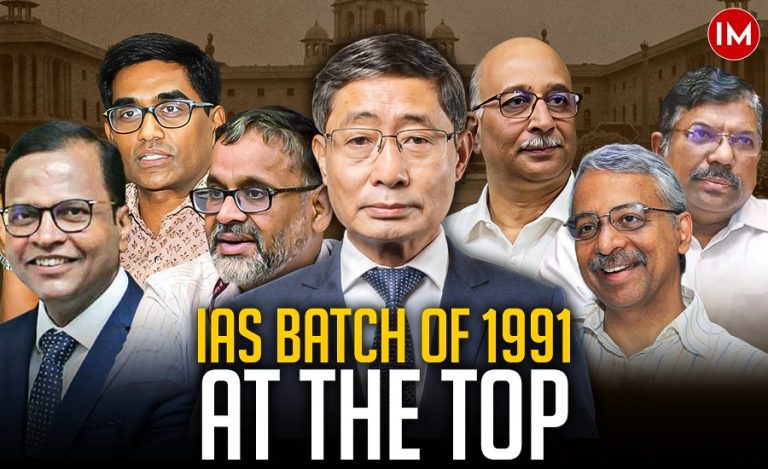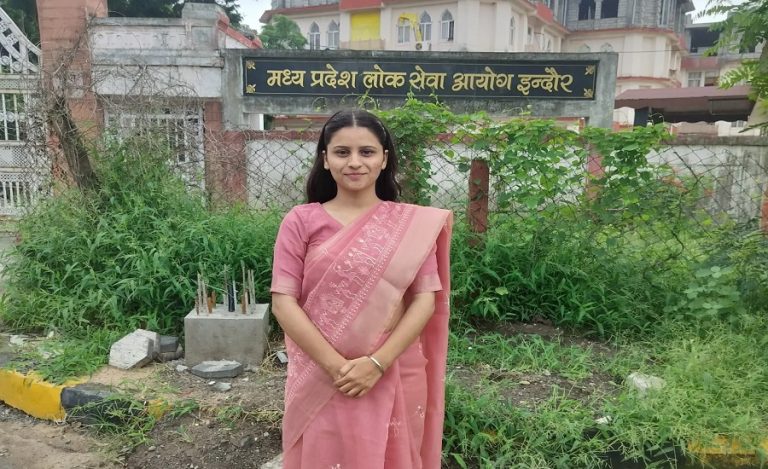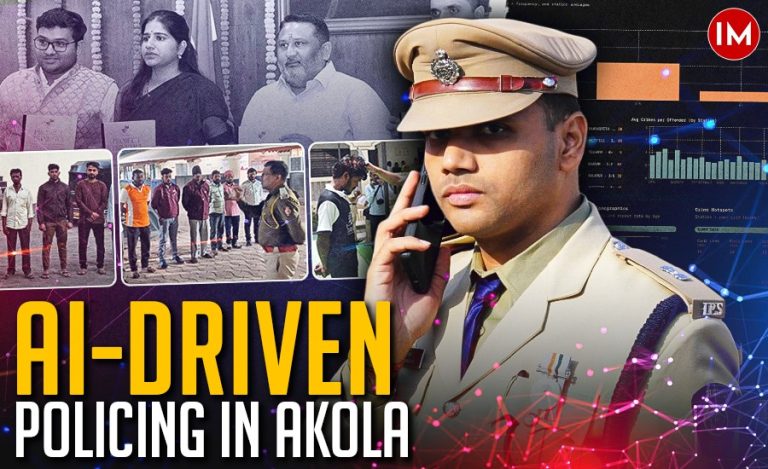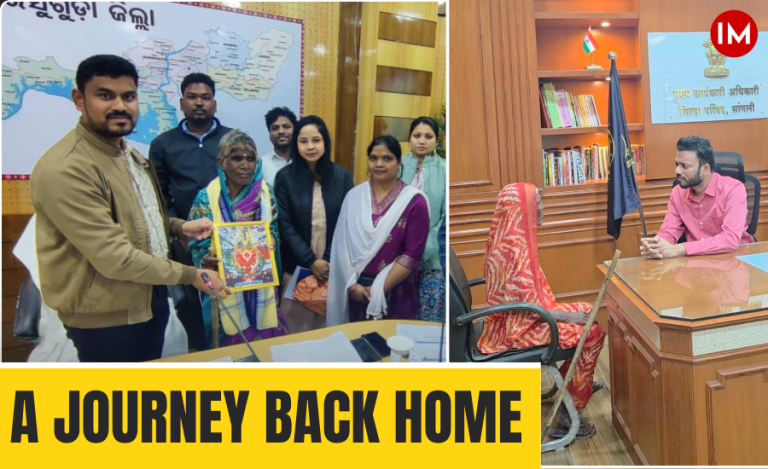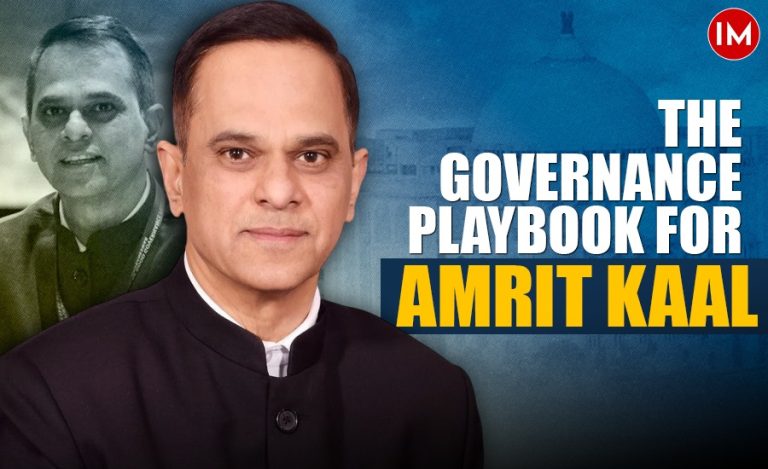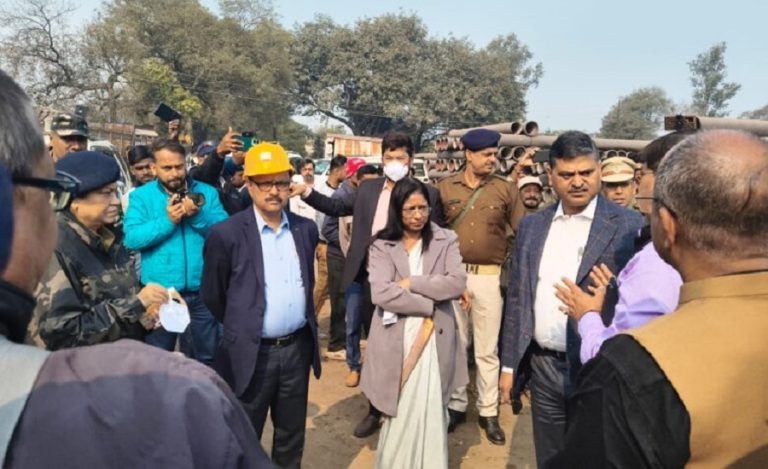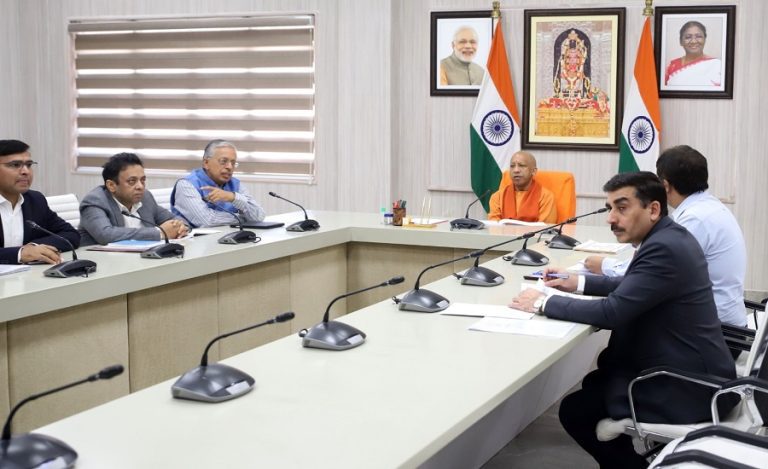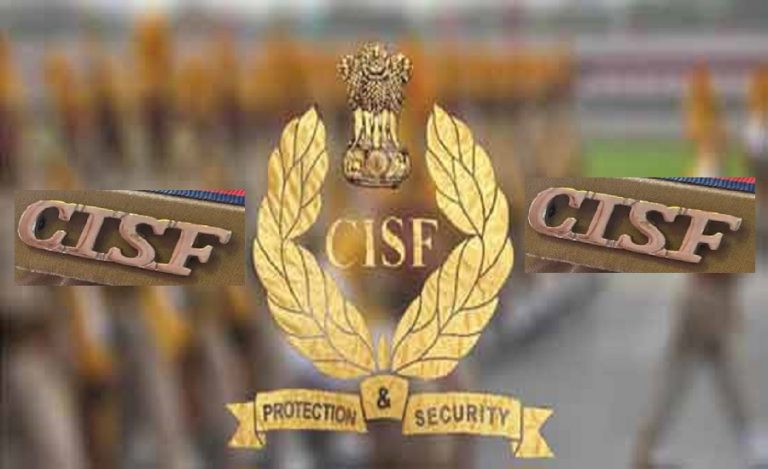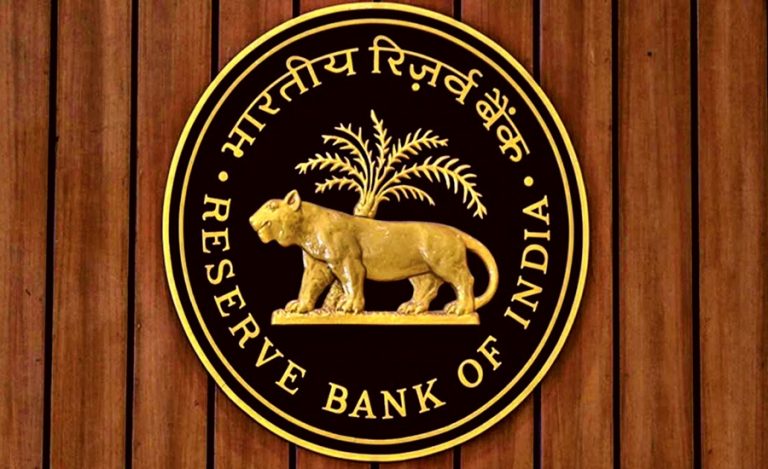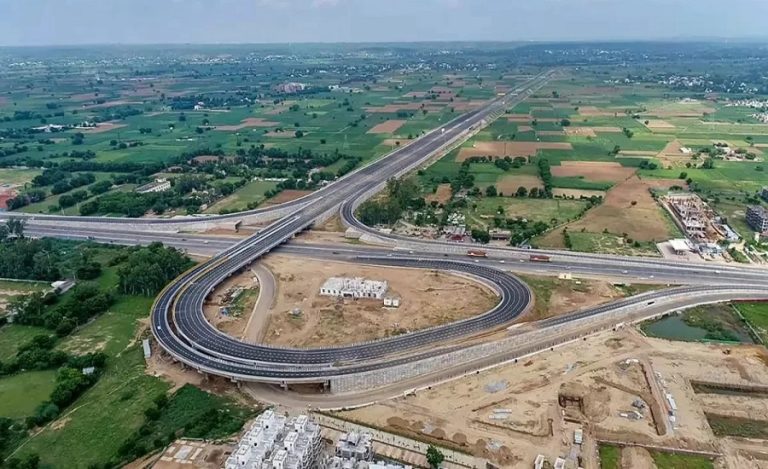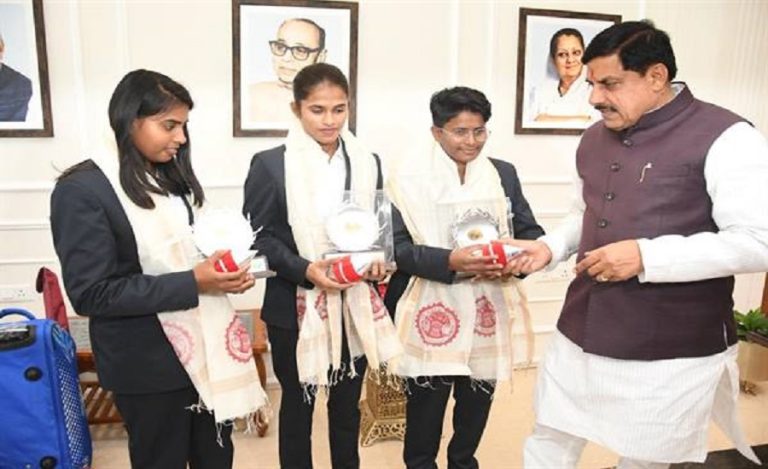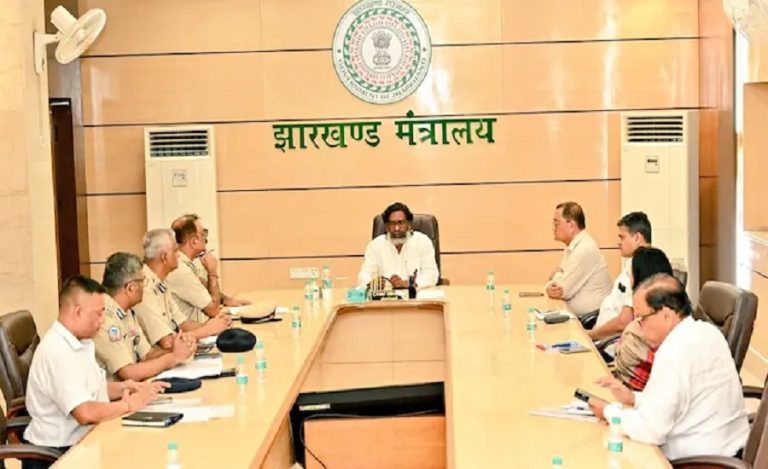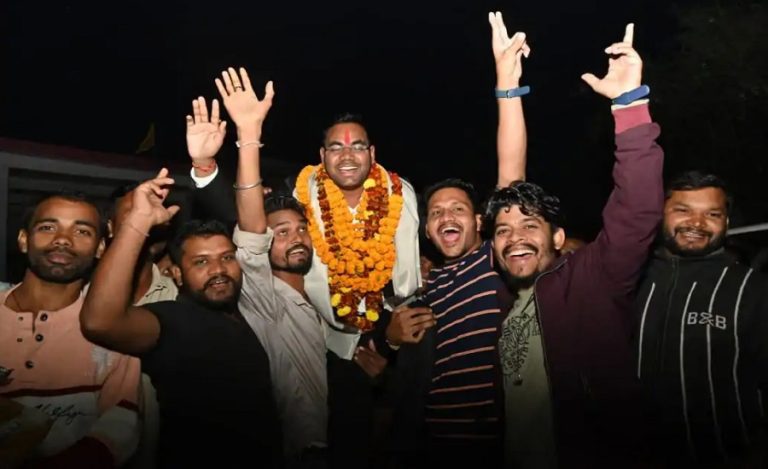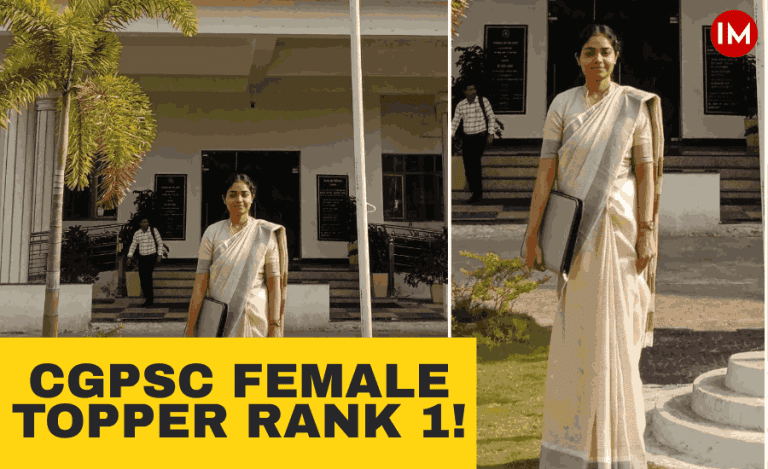In the realm of public administration, few officers leave a mark that reshapes governance itself. Dr. Shalini Rajneesh, a 1989 batch IAS officer of the Karnataka cadre, stands as a defining force in policy-making and citizen service delivery. As Karnataka’s Chief Secretary since August 2024, she commands a legacy of impactful initiatives, from the pioneering Sakala Mission to transformative social equity programs.
Her leadership spans decades of reform in education, healthcare, rural development, and e-governance. Having served in pivotal roles at both state and central levels, she has influenced policies that directly improve millions of lives. A strategist, innovator, and thought leader, Dr. Shalini is not just a bureaucrat—she is an architect of change, setting benchmarks for governance that inspire administrators across India.
A DISTINGUISHED CAREER ACROSS KEY ADMINISTRATIVE
Born in Haryana, Dr. Shalini’s academic credentials are as diverse as her professional journey. She holds a Ph.D. in Political Science, an MBA from Western Sydney University, Australia, and a postgraduate degree in psychology from Punjab University, where she was awarded a gold medal. Her career spans critical roles in governance, policy implementation, and reforms, both at the state and central levels.
EARLY YEARS IN ADMINISTRATION
Dr. Shalini began her administrative career as an Assistant Commissioner in Mangalore in 1991, followed by a role as CEO of the Zila Parishad in Dakshina Kannada. She then served as the Director of the Commerce and Industries Department and as the Deputy Resident Commissioner in Delhi, handling liaison and protocol responsibilities. In 1998, she was appointed CEO of the Panchayati Raj Department in Dharwad, where she contributed to strengthening local governance structures.
From 2000 to 2004, she held multiple positions in the central government, serving as a Deputy Secretary in the Ministry of Agriculture and as Private Secretary to Ministers in Finance, Civil Aviation, Shipping, and Agriculture. Her tenure at the centre provided her with deep insights into national policy-making and international collaborations.
MAJOR CONTRIBUTIONS IN KARNATAKA
Returning to Karnataka, she took charge as Deputy Commissioner of Belgaum in 2005, where she oversaw the first historic legislative session held outside Bengaluru. Her efforts in rural and regional development led to constitutional recognition for the Hyderabad-Karnataka region under Article 371J, which enabled special economic and educational provisions.
As Secretary of the Women & Child Development Department (2007-2008), she was instrumental in policy interventions that improved the socio-economic status of women and children. Her leadership in the Area Development Corporation (2008-2011) focused on uplifting backward regions through targeted policies and economic programs.
In 2011, she was appointed Secretary of the Rural Development & Panchayati Raj Department, leading Karnataka to win the second-best Panchayati Raj National Award. Her tenure in administrative reforms, particularly in personnel management and governance, set the stage for her most impactful work—the implementation of the Karnataka Guarantee of Services to Citizens Act, 2011, popularly known as Sakala.
SAKALA: A MODEL FOR TRANSPARENT AND ACCOUNTABLE GOVERNANCE
As the Mission Director of Sakala, Dr. Shalini spearheaded one of India’s most successful e-governance projects. The Act mandates the time-bound delivery of 688 services across 52 departments, with penalties for delays, ensuring accountability among government officials. Within three years of its implementation, over 90 million citizens benefitted from the initiative. Under her leadership, Sakala received multiple awards, including:
- Prime Minister’s Award for Excellence in Public Administration
- Google Innovation Award
- National e-Governance Award for Citizen-Centric Service Delivery
- Quality Circle of India National Award
- Commonwealth Association for Public Administration and Management (CAPAM) Award
- ISO 9001 Certification for service efficiency
LEADERSHIP IN EDUCATION, HEALTH AND WELFARE
Dr. Shalini’s tenure as Principal Secretary in the Education Department (2017-2019) was marked by critical reforms in primary and secondary education. Her contributions in the Health & Family Welfare Department (2016-2019) were equally significant, focusing on maternal health, rural healthcare infrastructure, and the integration of technology in medical services.
As Principal Secretary in the Backward Classes Welfare Department (2014-2016), she initiated Karnataka’s first Social & Educational Survey, mapping six crore citizens across 55 parameters to ensure social equity in policy-making. She also launched the “Save the Farmer” campaign using corporate social responsibility (CSR) funds to promote sustainable agriculture.
TRAILBLAZER IN GOVERNANCE AND PUBLIC SERVICE
Dr. Shalini’s ascent to the position of Chief Secretary marks a historic moment, as she succeeded her husband, Rajneesh Goel, making her the third officer in Karnataka to follow their spouse in this role. Her leadership in governance extends beyond administrative excellence to thought leadership through her writings. She is the author of 13 books—8 in English and 5 in Kannada—covering topics such as management, personality development, women empowerment, and civil services coaching.
AWARDS AND RECOGNITIONS
Her exemplary contributions have earned her several prestigious awards, including:
- Gfiles Governance Award (2015)
- D.L. Shah Quality Award (2014)
- Vishalakshi Award (2014)
- CAPAM Award (2014)
- CloudGov Award (2014)
- NAI Achievers Award (2014)
- Doctorate in Literature from Karnataka State Women’s University (2013)
- National Award for e-Governance, Silver Award (2013-14)
- Google Innovator Award (2013)
Dr. Shalini Rajneesh’s career is a testament to administrative excellence, innovation, and citizen-first governance. As Karnataka’s top bureaucrat, she continues to shape policies that emphasise transparency, efficiency, and public welfare. Her transformative initiatives, particularly in e-governance, rural development, and social equity, serve as a model for public administration across India.
Her story is not just about governance but about redefining leadership in public service—one that is deeply committed to improving lives through policy, technology, and ethical administration.

